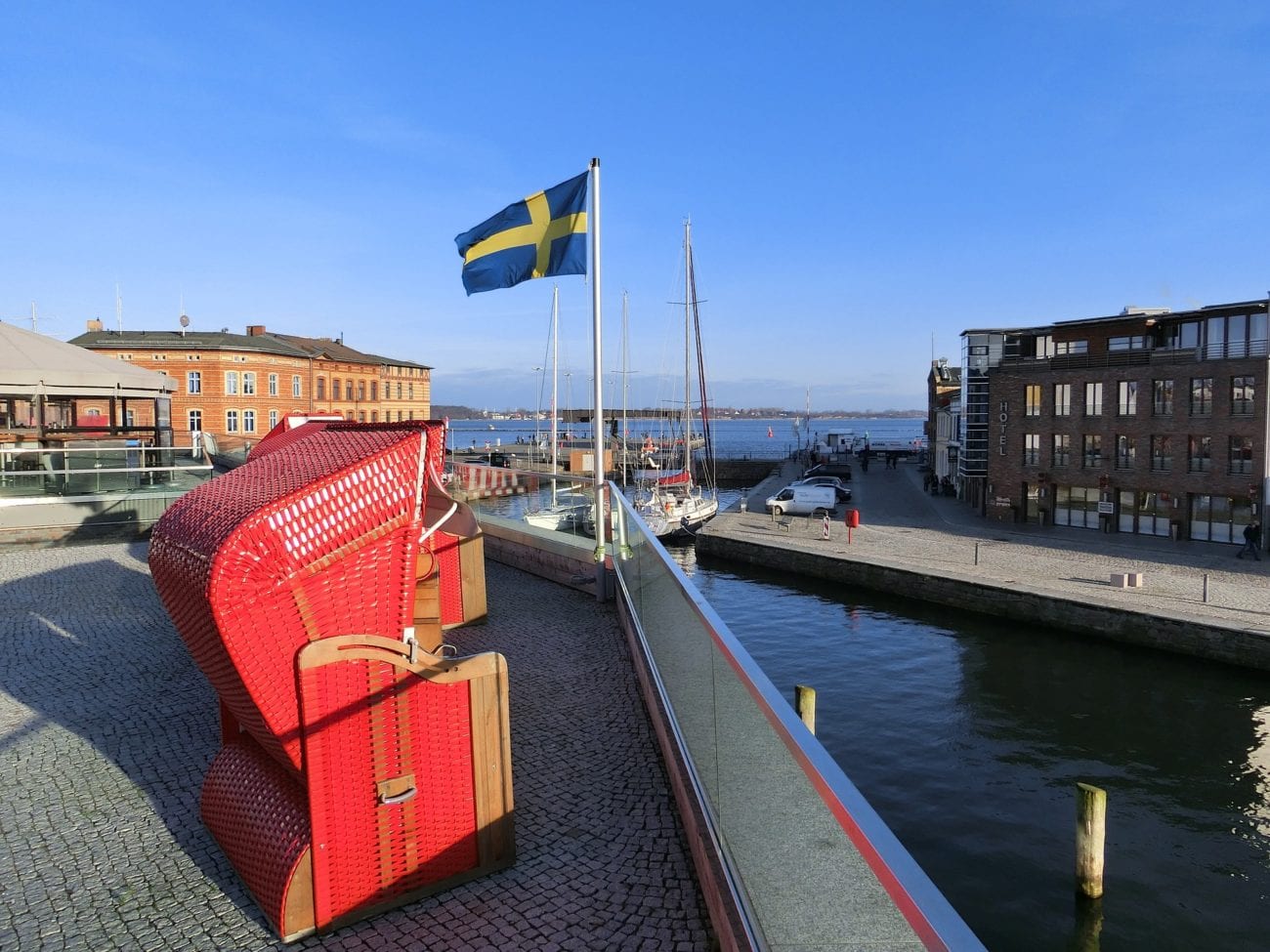Swedish consumer satisfaction in gaming shoots up to 64.0% in 2020

The satisfaction index score of 64.0% was well above 2019’s level of 57.9%, marking the largest year-on-year rise since the survey started in 2017.
The score is based on responses to satisfaction surveys to which 1,500 Swedes responded.
By clearing the 60% threshold, the gaming industry has moved out of a zone that the Svenskt Kvalitetsindex said represents “great dissatisfaction”.
In addition, the body said the improvement since the surveys started in 2020 showed a “clear trend” towards increasing satisfaction.
Johan Parmler, chief executive of Svenskt Kvalitetsindex, said the increase shows that the decision to open up Sweden’s gaming market at the start of 2019 has been successful.
“It is gratifying to note a clear increase in customer satisfaction which must be seen as proof that the industry’s change has taken hold and that the services offered are generally appreciated by the gaming public,” Parmler said.
However, the survey also showed that trust in the industry as a whole – while rising – remained very low at 39.8%, up from 35.0%. Customers did so much more trust in their operator of choice, though,with 65.4% saying they trusted their favourite operator.
“Customers have a high level of confidence in the gaming operator they most often use, but a low level of confidence in the gaming industry,” Parmler said. “This confidence gap must be taken more seriously by the industry’s leading players if the good improvement trend is to continue.”
In addition, while gamblers’ trust in the industry grew significantly, the levels of trust among non-gamblers remained low. The Kvalitetsindex said only 20% of non-gamblers believed the industry cared about its customers.
“We know from previous studies in other industries that it takes time to build reputation and trust,” Parmler said. “In this study, there are clear indications that the industry is moving in a positive direction.
“The next step should be that operators with high satisfaction and high levels of trust also take greater responsibility for the industry and not just for their own development. It will benefit the gaming market as a whole.”
The survey also found that “awareness of the [2019 Gambling Act] has not increased among the study’s respondents”.
This lack of knowledge about the country’s gambling laws was also reflected in a Spelinspektionen-commissioned survey released last month, which found that only 5% of Swedes know how to check if operator is licensed.
The survey also asked if players gamblers more or less in 2020 as Sweden was affected by the novel coronavirus (Covid-19) pandemic. The Svenskt Kvalitetsindex said the number who increased their levels of play and the number who decreased play was similar, both around 30%.
The portion who said they played too much was around 2.6%, which the Kvalitetsindex said was roughly in line with regulator Spelinspektionen’s understanding of at-risk gambling rates.
“We are in the midst of a societal change that is currently difficult to see,” Parmler said. “We see in all our studies that people’s needs, demands, expectations and behaviors have changed due to the pandemic. This is a development that we will follow closely in our future studies.”
